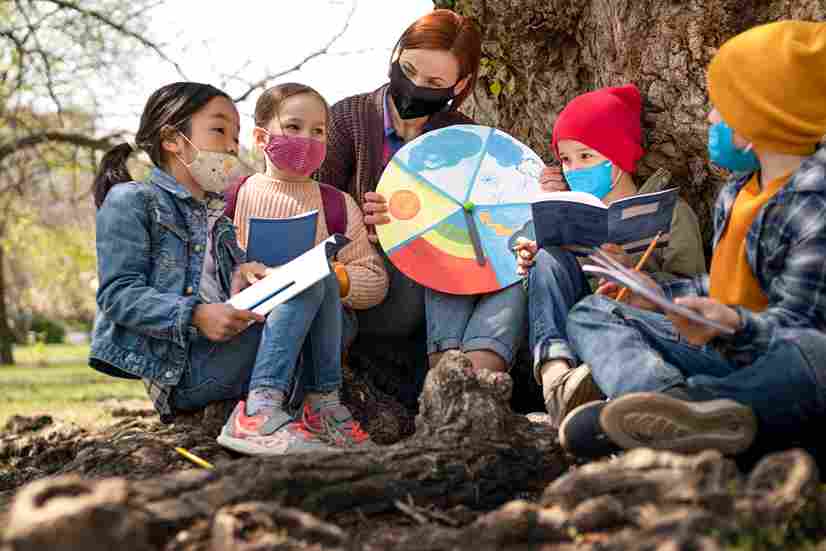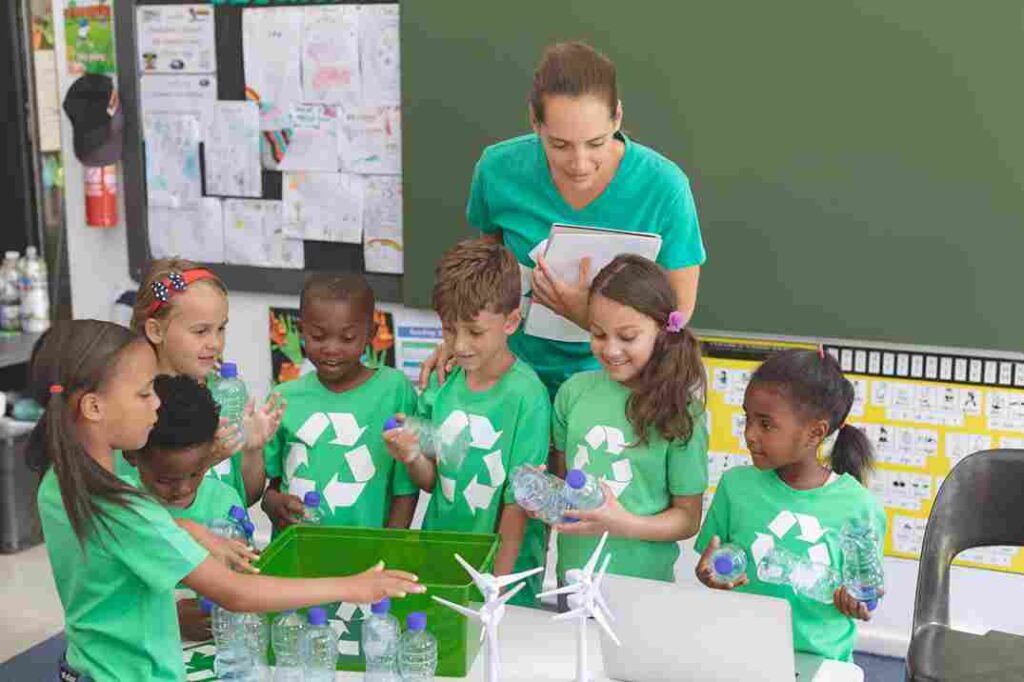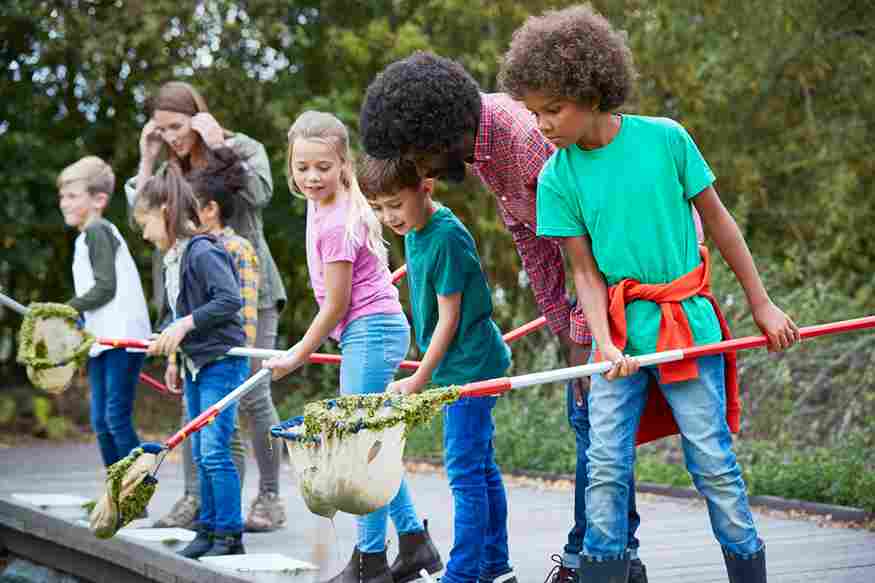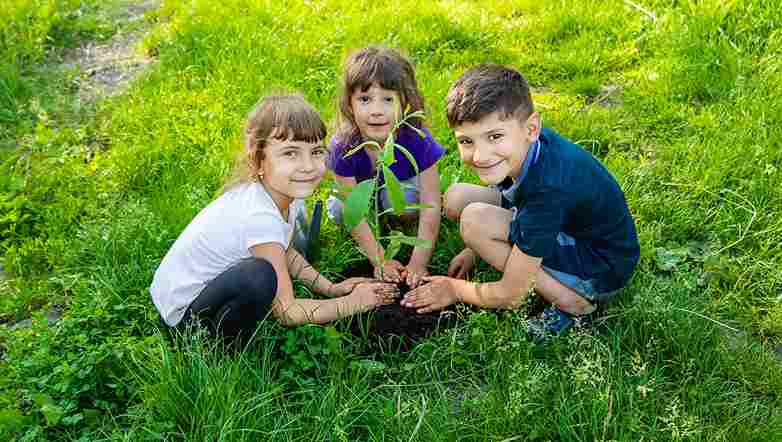In today’s rapidly changing world, environmental awareness is more important than ever. Schools play a pivotal role in fostering this awareness among students, who hold the key to a sustainable future. Understanding the impact of our actions on the environment and making conscious choices can help preserve our planet for generations to come.
Understanding Environmental Awareness
Environmental awareness involves recognizing the fragility of our environment and the importance of its protection. It’s about being conscious of the natural world and our role in preserving its health and vitality.
The Role of Schools
Schools are uniquely positioned to instill environmental awareness in students from a young age. By incorporating environmental education into the curriculum and promoting sustainable practices, schools can nurture responsible and eco-conscious individuals.
Effective Strategies for Schools
1. Integrating Environmental Education:

Schools can incorporate environmental topics into various subjects. Biology classes can teach about ecosystems and biodiversity, and geography can cover natural resources and their management. This multi-disciplinary approach ensures that students understand the complexity and importance of environmental issues.
2. Promoting Recycling and Waste Management:

Schools can set up recycling programs to encourage proper waste disposal. Providing separate bins for paper, plastic, and organic waste helps students develop good recycling habits.
3. Establishing Eco-Clubs:

Eco-Clubs can engage students in activities like tree planting, clean-up drives, and sustainability projects. These clubs provide hands-on experience and foster a sense of responsibility towards the environment.
4. Energy and Water Conservation Initiatives:

Schools can adopt energy-saving measures such as using energy-efficient lighting and promoting the use of natural light. Educating students about the importance of conserving water and implementing measures like fixing leaks can also make a significant difference.
4. Outdoor and Experiential Learning:

Field trips to nature reserves, botanical gardens, and conservation areas can provide students with a deeper understanding of the environment. Outdoor learning experiences help students appreciate the beauty of nature and understand the need for its preservation.
Environmental awareness is not just a subject to be studied but a lifestyle to be adopted. By educating students and taking proactive steps, schools can contribute to a healthier planet. Let’s pledge to be mindful of our actions and strive for a sustainable future, not just for ourselves but for the generations to come.
Fostering environmental awareness in schools is crucial for the survival of our planet. Through education and individual efforts, we can protect and preserve our environment. Let’s work together to ensure that schools lead the way in creating a sustainable world.
